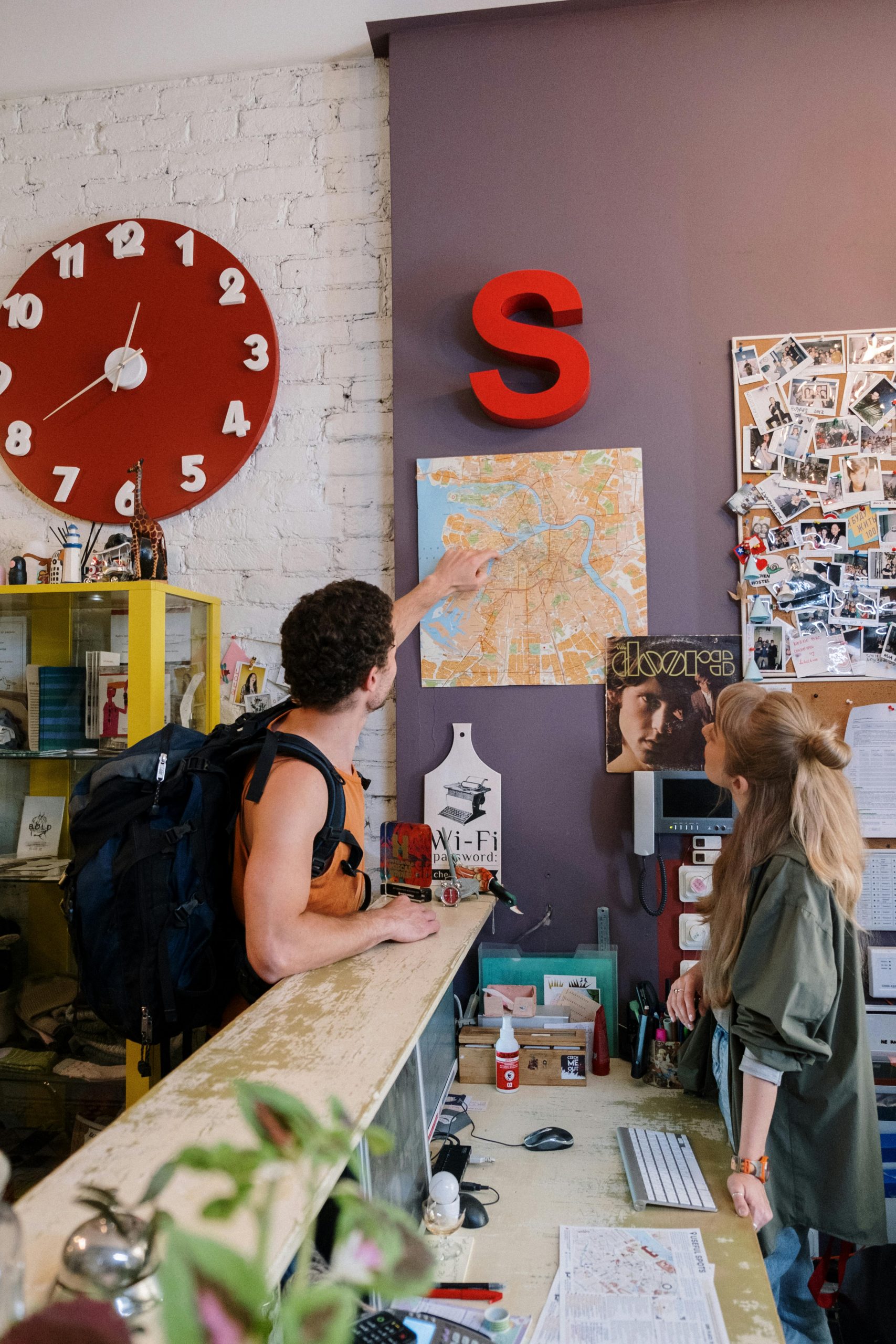Backpacking is one of the most rewarding ways to explore the world. It offers freedom, adventure, and the chance to immerse yourself in new cultures. However, if you’re new to backpacking, the idea of setting off with just a pack on your back can be daunting. Where do you start? What should you pack? How do you stay safe? Don’t worry—this guide covers all the essential backpacking travel tips every beginner needs to know to make the most of their journey.
1. Plan Your Trip (But Stay Flexible)
While spontaneity is part of the backpacking experience, a little planning goes a long way. Here’s how to strike the right balance:
Research Your Destination
Before you go, research your destination’s climate, culture, and safety. Look into visa requirements, local customs, and any travel advisories. Websites like Lonely Planet, travel blogs, and government travel sites are great resources.
Create a Rough Itinerary
Outline a loose itinerary with key destinations and activities. Avoid over-scheduling—leave room for unexpected adventures or delays. Popular backpacker routes, like Southeast Asia’s Banana Pancake Trail or Europe’s Interrail circuit, can help structure your trip.
Book the First Few Nights
Booking your first accommodation in advance reduces stress upon arrival. Once you’re settled, you can plan the rest of your trip as you go.
2. Pack Smart: Less Is More
Overpacking is a common beginner mistake. A heavy backpack will slow you down and make travel less enjoyable. Follow these packing tips:
Choose the Right Backpack
Pick a backpack that fits your body and trip length. A 40-50L pack is ideal for most travelers. Ensure it has padded straps, a hip belt, and multiple compartments for organization.
Pack Lightweight Essentials
- Clothing: Pack versatile, quick-drying clothes. Stick to a color scheme for easy mixing and matching.
- Footwear: Bring comfortable walking shoes and lightweight sandals.
- Toiletries: Opt for travel-sized items and solid toiletries to save space.
- Tech: A smartphone, universal adapter, and portable charger are must-haves.
- First Aid Kit: Include basics like band-aids, pain relievers, and any personal medications.
Leave Room for Souvenirs
You’ll likely pick up items along the way, so leave some space in your pack. Compression sacks can help maximize space.
3. Stay Safe on the Road
Safety should always be a priority when backpacking. Follow these tips to protect yourself and your belongings:
Keep Valuables Secure
Use a money belt or hidden pouch for passports, cash, and cards. Avoid flashing expensive gadgets in public.
Stay Connected
Share your itinerary with family or friends. Check in regularly, especially if traveling solo. Apps like WhatsApp or Google Maps’ location sharing can help.
Trust Your Instincts
If a situation feels unsafe, leave. Stick to well-lit areas at night and avoid risky behaviors like hitchhiking alone.
Get Travel Insurance
Accidents happen. A good travel insurance policy covers medical emergencies, theft, and trip cancellations. Companies like World Nomads specialize in backpacker insurance.
4. Save Money Like a Pro
Backpacking doesn’t have to break the bank. With smart budgeting, you can stretch your funds further:
Travel Off-Season
Prices for flights and accommodations drop during shoulder seasons. You’ll also avoid crowds.
Eat Like a Local
Skip touristy restaurants and eat at street stalls or markets. Not only is it cheaper, but it’s also a great way to experience local cuisine.
Use Budget Accommodations
Hostels, guesthouses, and homestays are affordable options. Websites like Hostelworld and Booking.com help compare prices.
Take Public Transport
Buses, trains, and shared rides are cheaper than taxis. Many cities offer travel passes for unlimited rides.
5. Embrace the Backpacking Mindset
Backpacking is as much about the journey as the destination. Adopting the right mindset will enhance your experience:
Be Open to New Experiences
Say yes to opportunities—whether it’s trying new food, joining a group hike, or learning a few phrases in the local language.
Meet Other Travelers
Hostels and group tours are great for meeting fellow backpackers. You’ll make friends and often pick up valuable tips.
Stay Patient and Positive
Travel delays, language barriers, and cultural differences can be frustrating. Keep a positive attitude—these challenges often lead to the best stories.
Respect Local Cultures
Learn basic customs, dress modestly where required, and always ask permission before taking photos of people.
Conclusion
Backpacking is an incredible way to see the world, but it requires preparation and adaptability. By planning wisely, packing light, staying safe, budgeting smartly, and embracing the adventure, you’ll set yourself up for an unforgettable journey. Remember, every seasoned backpacker was once a beginner—so take the leap, trust the process, and enjoy the ride!
